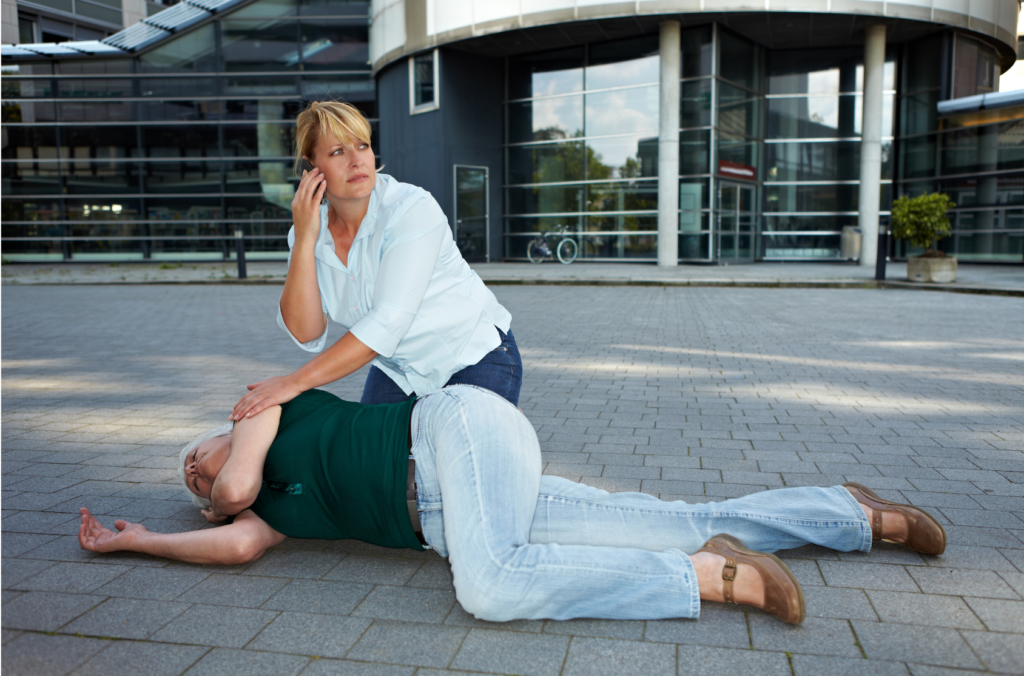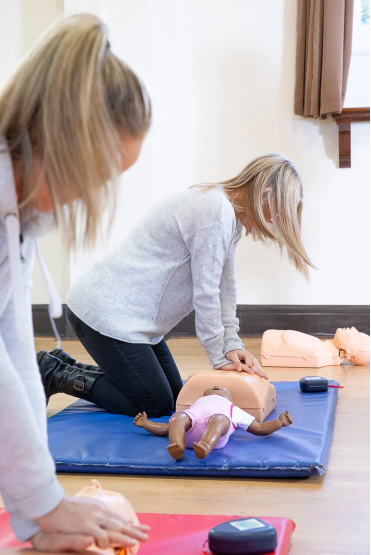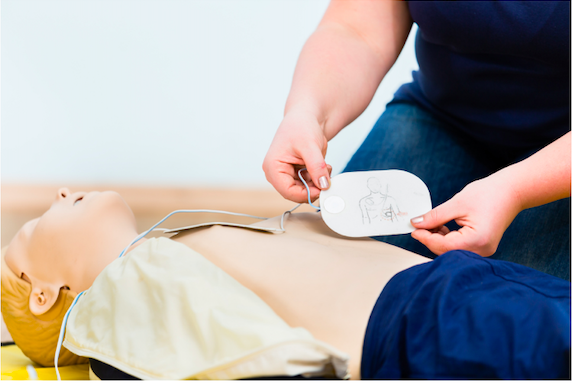In moments of crisis, knowing how to summon the emergency services swiftly and effectively can be a lifesaving skill. Whether facing a medical emergency, a fire, or a crime in progress, understanding the procedures for contacting the emergency services in the UK is crucial. Here’s a guide to help you navigate these critical situations:

Understanding the Emergency Services in the UK
In the United Kingdom, emergency services encompass three main categories:
1. Ambulance Services: Providing medical assistance and transport to individuals in need of urgent medical care.
2. Police: Responsible for maintaining public safety and law enforcement.
3. Fire and Rescue Services: Tasked with responding to fires, accidents, and other emergencies.
When to Call the Emergency Services
Emergency services should be contacted immediately in the following situations:
- Someone’s life is at risk.
- There is a risk of injury or serious harm.
- A crime is in progress.
- There is a fire or risk of fire.
How to Call the Emergency Services
Dial 999 or 112
In the UK, you can dial either 999 or 112 to reach emergency services. Both numbers can be dialled free of charge from any landline, mobile phone, or payphone. 112 is the European equivalent to 999 and can be used in the UK. When calling 999 or 112:
1. Stay Calm: Speak clearly and calmly to the operator, providing essential information.
2. Provide Details: Clearly state the nature of the emergency, your location, and any relevant details such as injuries or hazards.
3. Follow Instructions: The operator may provide instructions or guidance while help is on the way. Follow these instructions carefully.
Texting 999
For individuals with hearing impairments or speech difficulties, it’s possible to contact the emergency services via text message. This service could also be used to summon the emergency services without being heard. A potentially lifesaving service in situations when an attacker could overhear a call, such as a domestic violence incident. To register for this service, text the word ‘register’ to 999. If required, simply send a message detailing the emergency to 999. Remember to include your location and the type of assistance required.

What information will the call handler need?
The LIONEL acronym can be used to help remember the steps for calling the emergency services (999 or 112) in the UK:
L – Location: Provide the exact location of the emergency. This includes the address, landmarks, or any other identifiable information that can help emergency responders find the scene quickly. The free app What3Words can be used to give your location when in rural, coastal or park areas, or if you are unsure of your location. The app is available on Android and iOS and does not require a phone signal to provide your location.
I – Incident: Provide clear and concise information about the nature of the emergency. Describe what has happened, including any injuries, dangers, or potential hazards present.
O – Other Services: Assess whether additional services are required, such as police, fire, or ambulance. Depending on the situation, you may need to request multiple emergency services to respond to the scene.
N – Number of casualties: Be sure to tell the operator if more than one casualty requires assistance.
E – Extent of Injuries: Give as much detail as possible about the situation. Include any relevant information that can assist emergency responders in preparing for the type of assistance needed.
L – Location (repeat): This is vital information so ensure your exact location has been understood by the call handler.
By following the LIONEL acronym when calling emergency services in the UK, you can ensure that you provide essential information efficiently and effectively, helping the emergency services to respond promptly and appropriately to the situation at hand.
Non-Emergency Situations
For situations that require police assistance but are not emergencies, such as reporting a minor crime or seeking advice, the non-emergency number for the police in England, Wales, Northern Ireland, and Scotland is 101.
111 is the non-emergency number in England, Wales, Northern Ireland, and Scotland for health-related inquiries.
Stay Informed and Prepared
- Know Your Location: Be aware of your surroundings and know your address or location, especially when traveling or in unfamiliar areas.
- Keep Important Numbers Handy: Store emergency contact numbers in your phone and have them readily accessible.
- First Aid Training: Consider undergoing first aid training to provide immediate assistance in emergencies. We cover contacting the emergency services in all of our regulated training courses.
In Conclusion
When faced with an emergency, every second counts. Knowing how to contact the emergency services quickly and effectively can mean the difference between life and death. By familiarising yourself with the procedures and keeping calm under pressure, you can ensure timely assistance and potentially save lives.
Remember, emergency services are here to help you in times of crisis. Don’t hesitate to reach out for assistance when needed, and always prioritise safety for yourself and those around you.





